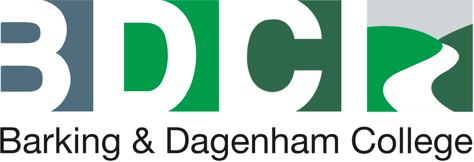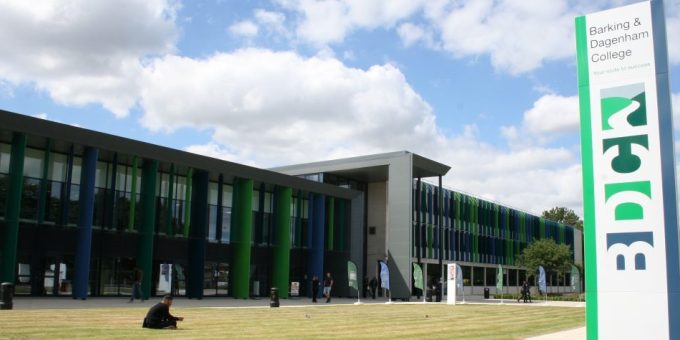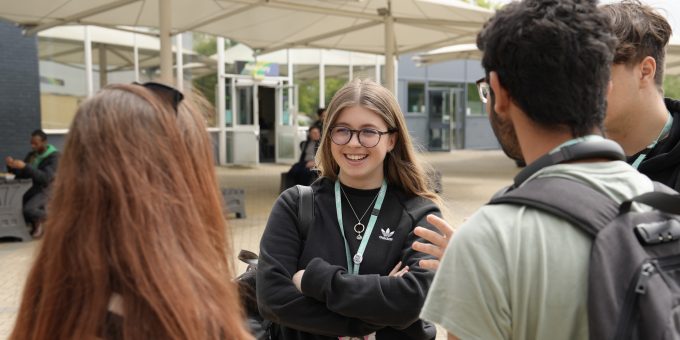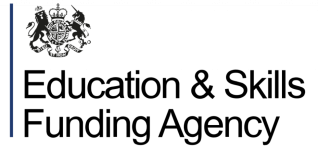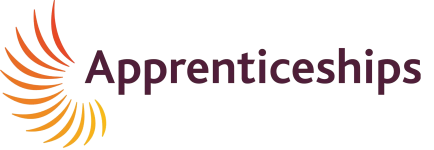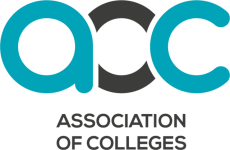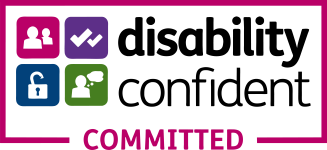Work experience is a key part of your course, requiring at least five days in a working environment, usually linked to your course or interests.
It is a great way to gain the skills and experience employers need while learning directly from professionals.
Why Work Experience Matters
• Apply what you learn at college in a real work environment
• Build confidence, communication skills, and meet new people
• Get a glimpse of daily life in your chosen career
• Gain industry insights, skills, and knowledge
• Develop transferable skills employers value
• Increase your chances of being offered a job or Apprenticeship after a successful placement
How does the process work?
Step 1: Find Your Placement
You are encouraged to find your own work experience however If you face challenges, the Progression Team can help you find a placement. Placements can be onsite, remote, or virtual however all must comply with safeguarding policies and cannot involve selling age-restricted items and all placements are assessed to ensure they are safe, inclusive, and provide tasks that help to develop your skills.
Already have a part-time job? It may count as your work experience, depending on your course requirements.
Step 2: Placement Details
Your placement must last at least 36 hours (5 days), which can be spread over your course. Most placements are unpaid, though some employers may cover travel or meal costs.
Step 3: Complete the Paperwork
All placements, including part-time jobs, require the necessary forms to be completed and submitted.
Step 4: DBS Check
Some placements may require a valid DBS check. If needed, the Progression Team can help you apply.
Step 5: Support and Preparation
To help you succeed, we offer:
• Work-related projects and activities
• Interview and employability skills workshops
• Industry talks, visits, and taster sessions
• Masterclasses to build your skills
FAQs
Speak to your Progression Coach for support in finding a suitable placement. Be realistic about your expectations and ask your course tutor for guidance on placement requirements. You could also ask family or neighbours, as they might work at places suitable for work experience.
Work experience is usually unpaid, though some employers may cover travel or meal expenses. This isn’t guaranteed.
You may be entitled to financial support whilst on work experience if it forms part of your full–time study programme, just enquire at the student services financial support desk in Advice Street.
If you're unwell and can't attend, inform both your supervisor and your Progression Coach at college before your start time.
Employers should provide a task list and expectations before you start. Tasks should help you develop relevant skills. If you lack the experience for certain tasks, you may shadow staff to learn. At an appropriate time, ask follow up questions to gain greater knowledge and to show enthusiasm.
Speak to your supervisor or Manager if possible, and contact your Progression Coach for advice. Your safety and wellbeing is a priority. The College has safeguarding procedures and staff to support you. If anything makes you feel uncomfortable, please tell us.
